- Replies 45
- Views 4.2k
- Created
- Last Reply
Most Popular Posts
-
I'd presume the UK presses always had centres so they could be played on record players where they were stacked - sorry don't know the technical term for it - on the centre pole, not much chance of be
-
I think Julian Bentley has some in his play box. kegsy
-
Polydor had a mixture of dinked and small hole'd UK releases in the late 60's to the mid 70's and well as Atlantic. Otis Clay's - Baby Jane on Atlantic was only a dinked release and Edwin Starr's Stop

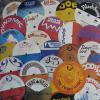

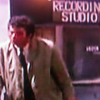
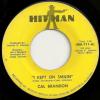
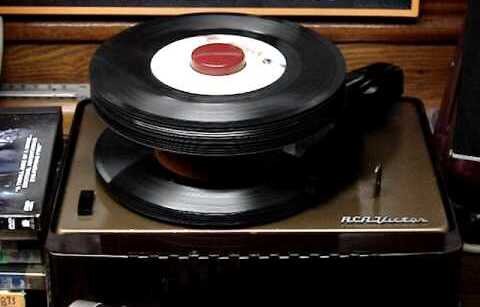
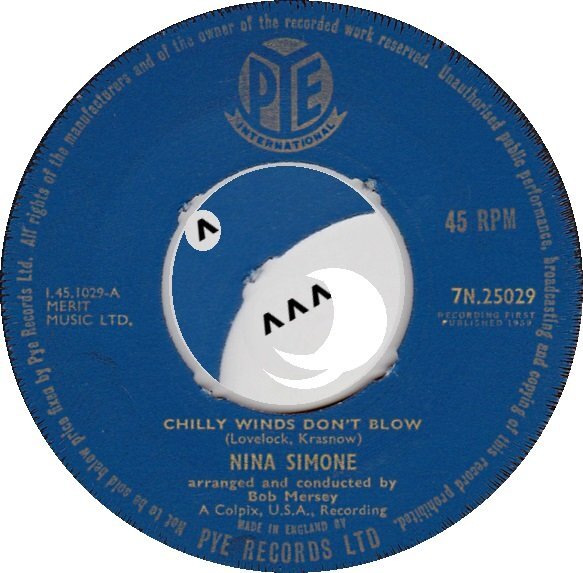

This is probably a pretty dumb question to some people here but being in the US I have no idea. I have seen solid center UK 45s and the ones with the triangle that you can pop out. I'm wondering about a record like this:
https://www.ebay.com/itm/FAT-LARRYS-BAND-Center-City-Nighttime-Boogie-WMOT-10951-45-rpm-R-B-DISCO-FUNK-/141053677801?pt=Music_on_Vinyl&hash=item20d77450e9
It's a UK press record. I looked on musicstack and there are solid center copies. Does that mean that all copies had solid centers? This copy doesn't look like it had the triangle thing popped out. Does this mean that someone manually dinked it with a machine or something? Or was this pressed in the UK with the larger center hole? The copy pictured does look like the center is worn / bulging out. Also wondering about the general history of centers in UK presses and why they didn't have the larger centers in the first place.
Thanks in advance for any insight.